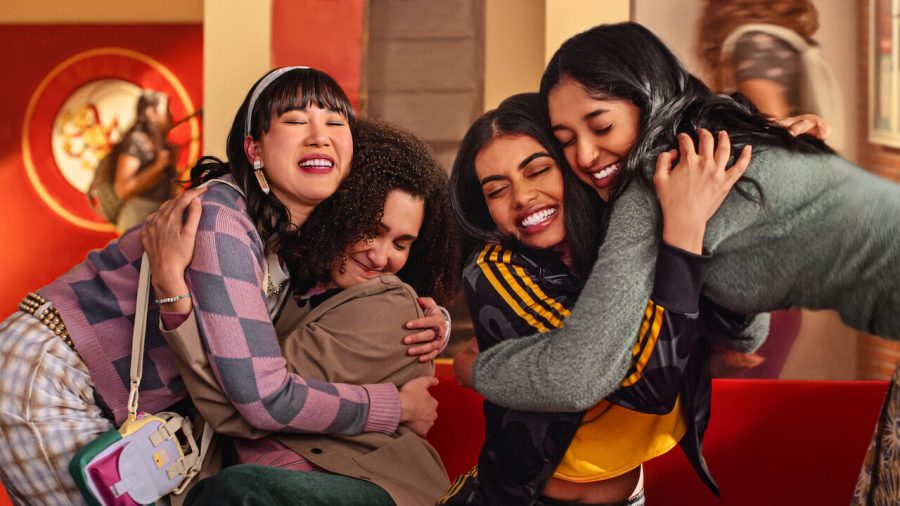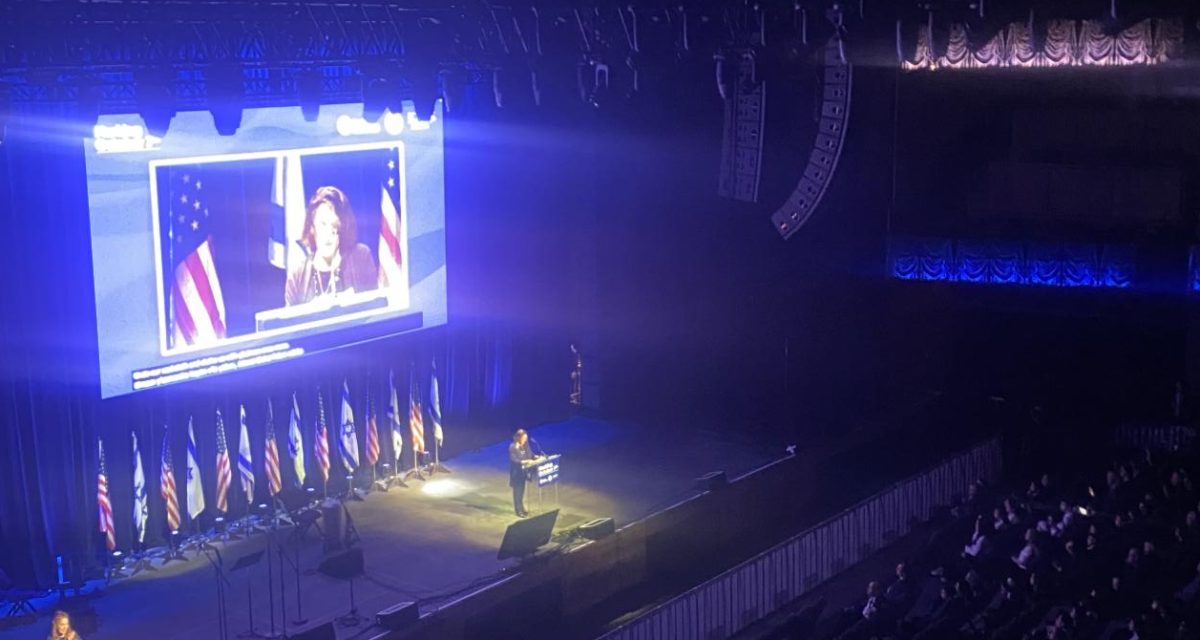Netflix’s “Never Have I Ever” Season 3 exceeds expectations
September 12, 2022
When Netflix’s “Never Have I Ever” dropped in the midst of 2020, viewers were amazed by the hard-hitting comedy, raw drama and diversity of the show.
The first two seasons followed Devi Vishwakumar, an Indian-American high school student from southern California who is dealing with the recent loss of her father. The show explores her life from both an academic and social perspective, allowing viewers to truly relate to, or learn from the content.
With such positive feedback about the first and second seasons, there was substantial pressure on Netflix to produce an equally entertaining third season. Suffice it to say, the show delivered.
Although in the past Devi’s trauma and anger have fueled entertaining moments and poor decision making, her passive-aggressive actions have made it difficult to root for her character. In this third season, we see her begin to mature and grow her relationships, making it easier to root for her success.
One of the largest storylines of the new season is the love triangle between Devi and her two romantic interests, Paxton and Ben. Previously, Devi made poor choices about her love life, but as she matures she realizes what she truly needs in a relationship. This is revealed as Devi comes across a new boy, Des, whom she later dates. Devi pursues this relationship while simultaneously maintaining friendships with Ben and Paxton, adding a new dimension to the show.
In the past, it has been difficult to watch Devi sacrifice all of her relationships to her selfishness or poor judgment. However, this season made it easier to be positively invested in her relationships and truly care about how it ends.
In my opinion, the most interesting part of the show is the perspective of an Indian teenager that viewers get to experience through Devi. The writers created an amazing blend of humor and real life experiences that make it both entertaining and educational.
This season also provided a different perspective – not only from Devi but from her mother, Nalini. In the past, Nalini has been stuck in her traditional Indian practices and has struggled to open up to modern American culture. As the seasons progress, she becomes a more dynamic character through her independence and calm-natured friendliness.
This contributes not only to her positive relationship with Devi but also to the audience’s understanding of adjusting to American life and culture from an immigrant’s perspective.
It is important to note that “Never Have I Ever” is a show unlike any other I’ve seen. Having Indian-Americans as the majority of the cast provides a fresh take on diversity in television. Since the show was released, it was clear the show was something special. From the impeccable comedy to the diverse experiences, this third season is not one to miss.









